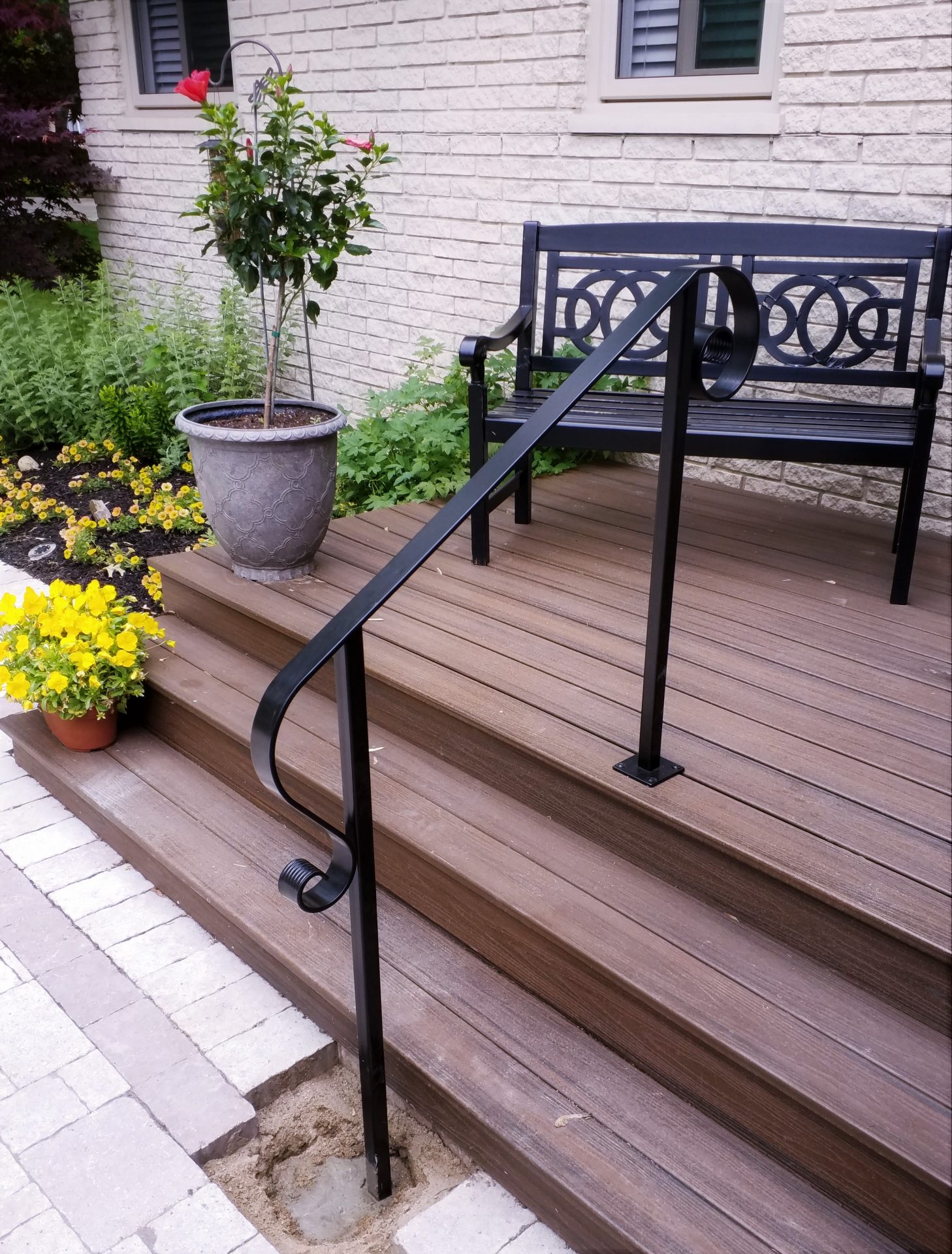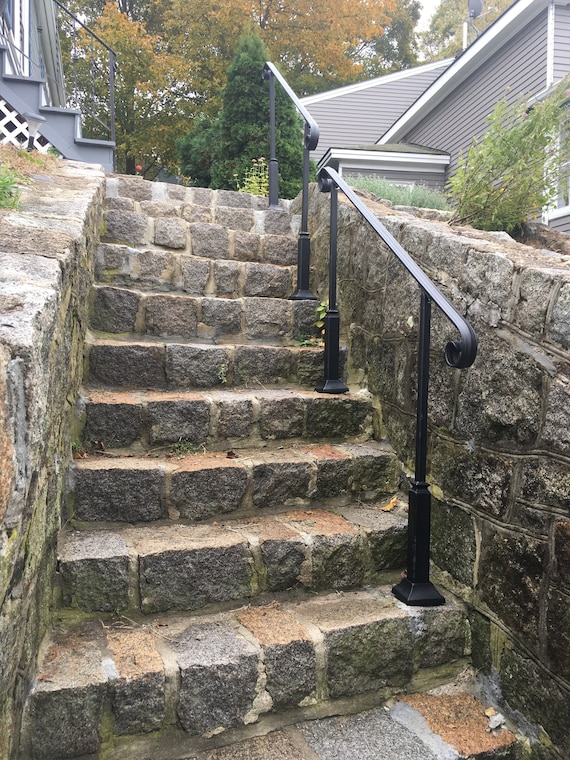Introduction
When it comes to enhancing the aesthetic appeal and safety of your outdoor spaces, decorative handrails for outdoor steps are an essential addition. Having recently renovated my own front porch, I can attest to the transformative power of these handrails. Not only do they provide crucial support when navigating stairs, but they also serve as a stylish design element that can elevate the overall look of your home. In this guide, we will explore everything you need to know about decorative handrails, including styles, materials, installation tips, and potential benefits.
Benefits of Decorative Handrails for Outdoor Steps
- Safety: Handrails provide support to prevent slips and falls.
- Aesthetic Appeal: Decorative designs can complement your home’s architecture.
- Value Addition: A well-chosen handrail can increase your property’s market value.
- Customization: Various materials and styles allow for personalization.
Choosing the Right Decorative Handrail: Key Considerations
1. Material
Material choice plays a significant role in the appearance and durability of your handrails. Let’s dive into the popular options:
| Material | Pros | Cons |
|---|---|---|
| Wood | Warm aesthetic, easy to customize. | Can rot or warp; requires regular maintenance. |
| Metal (Aluminum, Wrought Iron) | Durable, modern look, low maintenance. | Can be expensive; may rust without proper finish. |
| Vinyl | Weather-resistant, low maintenance. | Limited designs; can fade over time. |
| Composite | Durable and eco-friendly options. | Can be heavier; limited color choices. |
2. Style
Handrails come in various styles, including traditional, modern, ornate, and minimalist. Choose a style that complements your home. My charming, vintage-style handrail not only adds character but also fits beautifully with the surrounding landscape.
3. Installation and Maintenance
Consider whether you’ll install the handrail yourself or hire a professional. While DIY installation can save you money, it requires basic tools and knowledge. Regular maintenance, such as cleaning and refinishing, is essential depending on the material you choose.

The Best Decorative Handrail Styles for Outdoor Steps
1. Classic Designs
Classic handrails often feature intricate details and are made of durable materials like wrought iron. These designs gracefully enhance traditional home facades.
2. Modern Minimalist
For a contemporary look, minimalist handrails with clean lines and simple designs fit well. Aluminum and glass are popular choices for this style, creating an open and airy feel.
3. Rustic Charm
If you prefer a more natural look, consider rustic wooden handrails. They blend beautifully with gardens and natural landscapes, providing a cozy, inviting feel.

4. Artistic Features
Many homeowners opt for artistic designs that act as focal points. Handrails that feature unique shapes or integrated artwork can showcase personal expression and creativity.
Installation Guide for Decorative Handrails
Step 1: Gather Your Tools
Gather necessary tools such as a drill, screws, measuring tape, and level. Ensure you have safety gear on hand.

Step 2: Measure and Plan
Measure your stairs to determine the length of the handrail. Plan the height and placement according to safety guidelines.
Step 3: Prepare the Surface
Clean the surface where the handrail will be installed. For wooden stairs, ensure there are no splinters or rough patches.

Step 4: Install Brackets
Fix brackets into place first. Use a level to make sure everything is straight.
Step 5: Attach the Handrail
Carefully attach the handrail to the brackets and secure it in place. Double-check that it is sturdy and well-aligned.

Step 6: Finishing Touches
Clean up any mess and consider applying a protective finish for wooden handrails to extend their life.
Maintenance Tips for Decorative Handrails
1. Regular Cleaning
Keep your handrails clean to maintain their appearance. Use a mild detergent and soft cloth for most materials.

2. Inspect for Damage
Check for signs of wear and tear regularly. Early detection can save you from costly repairs later.
3. Apply Finishing Treatments
For wooden handrails, consider re-staining or sealing them every few years to protect against weather damage.

Comparing Popular Handrail Options: A Quick Overview
| Option | Cost | Durability | Maintenance |
|---|---|---|---|
| Wood | $$ | Moderate | High |
| Wrought Iron | $$$ | High | Low |
| Aluminum | $$ | High | Very Low |
| Vinyl | $ | Moderate | Very Low |
Frequently Asked Questions (FAQs)
1. What is the best material for outdoor handrails?
The best material depends on your budget and aesthetic preferences. Metal options like aluminum are durable, while wood offers a classic look but requires more maintenance.
2. How do I maintain my outdoor handrails?
Regular cleaning, inspections for damage, and applying finishes can help maintain your handrails’ look and durability.
3. Are decorative handrails required by building codes?
Yes, decorative handrails must meet local building codes for safety and accessibility. Always check regulations before installation.
4. Can I install handrails myself?
Yes, with the right tools and skills, installing handrails can be a DIY project. However, if you feel unsure, hiring a professional is a good option.